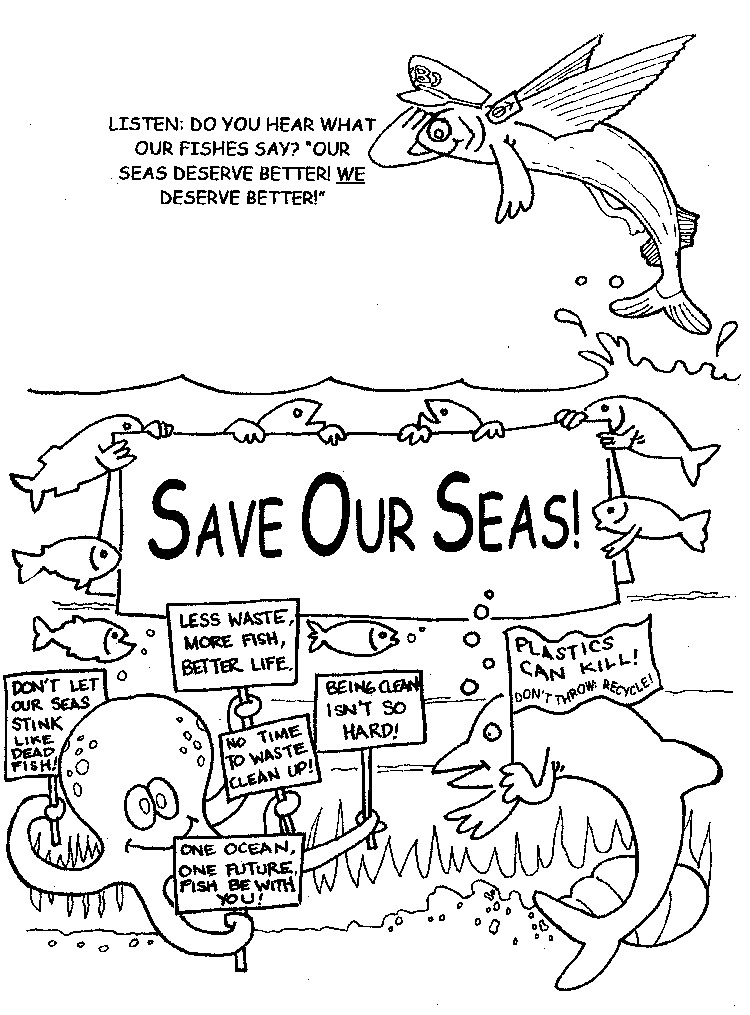Despite growing concerns about the impact of plastic pollution on the environment and climate, the volume of single-use plastics continues to increase worldwide, according to a new report.
The report, which analyzed data from 2022, found that global production and consumption of single-use plastics increased by 5% compared to the previous year. This is despite efforts by governments and businesses to reduce plastic waste, including bans on single-use plastics and the introduction of recycling programs.
The report also highlighted the impact of single-use plastics on the environment and climate. Single-use plastics contribute to greenhouse gas emissions throughout their lifecycle, from the extraction of raw materials to production, transportation, and disposal. They also pollute waterways and oceans, harming wildlife and ecosystems.
Experts warn that the continued growth in single-use plastics is unsustainable and could have severe consequences for the planet. Without significant action to reduce plastic consumption and increase recycling, the problem is only expected to worsen.
There are, however, some positive developments in the fight against plastic pollution. The report notes that some countries, such as China and India, have reduced their consumption of single-use plastics in recent years. Additionally, some companies are exploring alternative materials and redesigning products to reduce their reliance on plastic.
Overall, the report underscores the urgent need for action to address the plastic pollution crisis. This includes not only reducing plastic consumption and increasing recycling, but also promoting sustainable production and consumption practices more broadly. Only by taking a comprehensive approach can we hope to prevent further damage to the environment and climate caused by single-use plastics.
Plastic Bans: An Incomplete Solution to Plastic Pollution
In recent years, plastic bans have become a popular solution to the plastic pollution crisis. Governments and businesses around the world have implemented bans on single-use plastics like straws, bags, and utensils, in the hopes of reducing the amount of plastic waste that ends up in landfills, waterways, and the ocean. While plastic bans can be an effective way to reduce plastic pollution, they are not a complete solution.
One problem with plastic bans is that they often focus on a narrow range of single-use plastics, while other types of plastic waste are left unchecked. For example, a ban on plastic straws might reduce the amount of plastic waste generated by restaurants, but it does nothing to address the plastic packaging that is used to transport and store food. Similarly, a ban on plastic bags might reduce the amount of plastic waste generated by grocery stores, but it does nothing to address the plastic packaging used by online retailers.
Another problem with plastic bans is that they can lead to unintended consequences. For example, some businesses may switch to alternative materials that are actually more harmful to the environment than the plastic they are replacing. Paper bags, for instance, require more energy to produce and transport than plastic bags, and they generate more greenhouse gas emissions.
Plastic bans also fail to address the root causes of plastic pollution, which include overconsumption and a lack of recycling infrastructure. Even if all single-use plastics were banned tomorrow, the demand for plastic would still exist, and people would continue to produce and consume plastic products. To truly solve the plastic pollution crisis, we need to focus on reducing plastic consumption and investing in recycling infrastructure.
In conclusion, plastic bans can be a useful tool in the fight against plastic pollution, but they are not a complete solution. To truly address the plastic pollution crisis, we need to take a more comprehensive approach that tackles the root causes of plastic pollution, reduces plastic consumption, and invests in recycling infrastructure.


